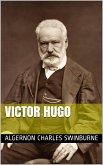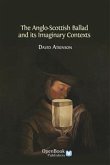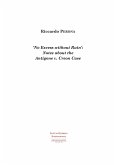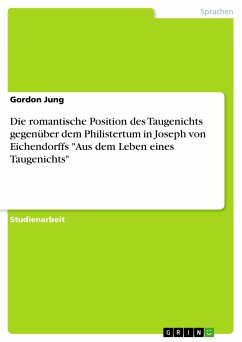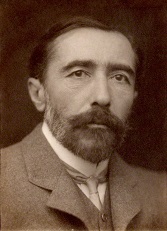This is not a chronological autobiography – Conrad doesn’t go through all the events of his life. Instead, he focuses on what one might call turning points: when he decided to join the navy, when he wrote his first novel, when he revisited his hometown after 20 years absence. The whole is a carefully crafted meditation on what it means for him to be a writer. The second section is entitled “Life,” but that’s only true in a limited sense. It contains Conrad’s views on some topical political issues of the day. These range from the Russo-Japanese war and the question of Polish independence to the sinking of the Titanic. Particularly the latter still makes for great reading because of Conrad’s mourning for the lost passengers and seamen mixed with his white-hot scorn for the irresponsible “bigger is better” marketing of the commercial interests. Contents Letters: Books (1905). Henry James: an appreciation (1905). Alphonse Daudet (1898). Guy de Maupassant (1904). Anatole France (1904). Turgenev (1917). Stephen Crane: a note without dates (1919). Tales of the sea (1898). An observer in Malaya (1898). A happy wanderer (1910). The life beyond (1910). The ascending effort (1910). The censor of plays: an appreciation (1907) -- Life: Autocracy and war (1905). The crime of partion (1919). A note on the Polish problem (1916). Poland revisited (1915). First news (1918). "Well done" (1918). Tradition (1918). Confidence (1919). Flight (1917). Some reflections on the loss of the Titanic (1912). Certain aspects of the admirable inquiry (1912). Protection of ocean liners (1914). A friendly place.
Bitte wählen Sie Ihr Anliegen aus.
Rechnungen
Retourenschein anfordern
Bestellstatus
Storno



